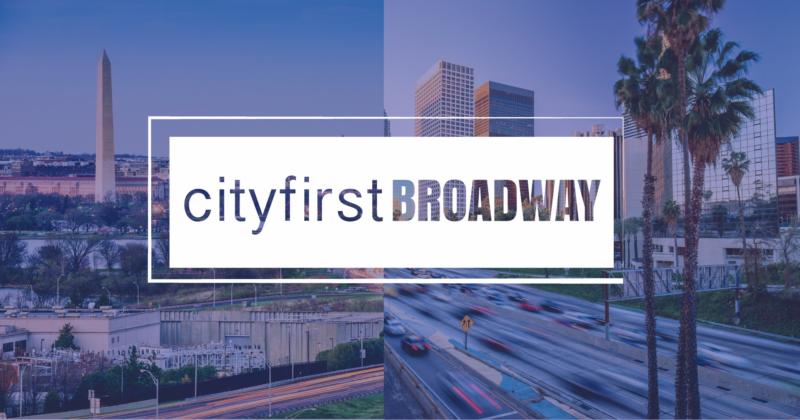The role of the Black bank in communities across the country plays a vital part in funding businesses, entrepreneurs, and institutions as well as helping individuals who can’t seek help from other banks.
This week, City First Bank in Washington D.C. and Broadway Financial Corporation in Los Angeles have decided to merge together to form the largest Black-led Minority Depository Institution in the nation, according to the Los Angeles Times.
The two banks announced that they’ve entered a transformational Merger of Equals agreement to expand access capital in underserved communities in urban neighborhoods.
The new merger allows the two banks to put their funds together for a combined total of over $1 billion in assets under management and approximately $850 million in total depository institution assets, according to a press release.
The now combined nine-member board is composed of five directors from City First Bank and four from Broadway with Broadway’s president and CEO Wayne-Kent A. Bradshaw leading the board as its chair.
Additionally, City First Bank’s board chair Marie C. Johns will serve as the institution’s lead independent director.
“The new combined institution will strengthen our position and will help drive both sustainable economic growth and societal returns,” said Mr. Bradshaw in a statement. “We envision building stronger profitability and creating a multiplier effect of capital availability for our customers and for the communities we serve.”
Provided the country’s current circumstances for minority individuals, this announcement aims to break the cycle of failing Black banks and support communities that cannot rely on other financial institutions to meet their immediate needs.
“Given the compounding factors of a global pandemic, unprecedented unemployment and social unrest resulting from centuries of inequities, the work of CDFIs has never been more urgent and necessary,” said Brian E. Argrett — President and CEO of City First Bank and the Vice Chair and CEO of the new combined institution — in a press statement. “As part of this historic merger, we are demonstrating that thriving urban neighborhoods are viable markets that require a dedicated focus, long-term commitment and critical access to capital.”
Though Black banks are often overlooked in terms of their influence, their desire to support their own makes them genuine advocates for building wealth in Black communities.
“We need to scale up our impact,” said Argrett. “Having a larger capital base is important so we can direct more resources into underserved communities.”
The newly-formed institution will maintain its respective bi-coastal headquarters as it continues to expand in the banks’ current geographic areas, with a goal to touch other high-potential urban markets as well, a press release reports.
The merger is set to close in the first quarter of 2021, according to The New York Times, which will leave Broadway stockholders with 52.5 percent ownership of the new company and City First Bank shareholders with 47.5 percent ownership.

